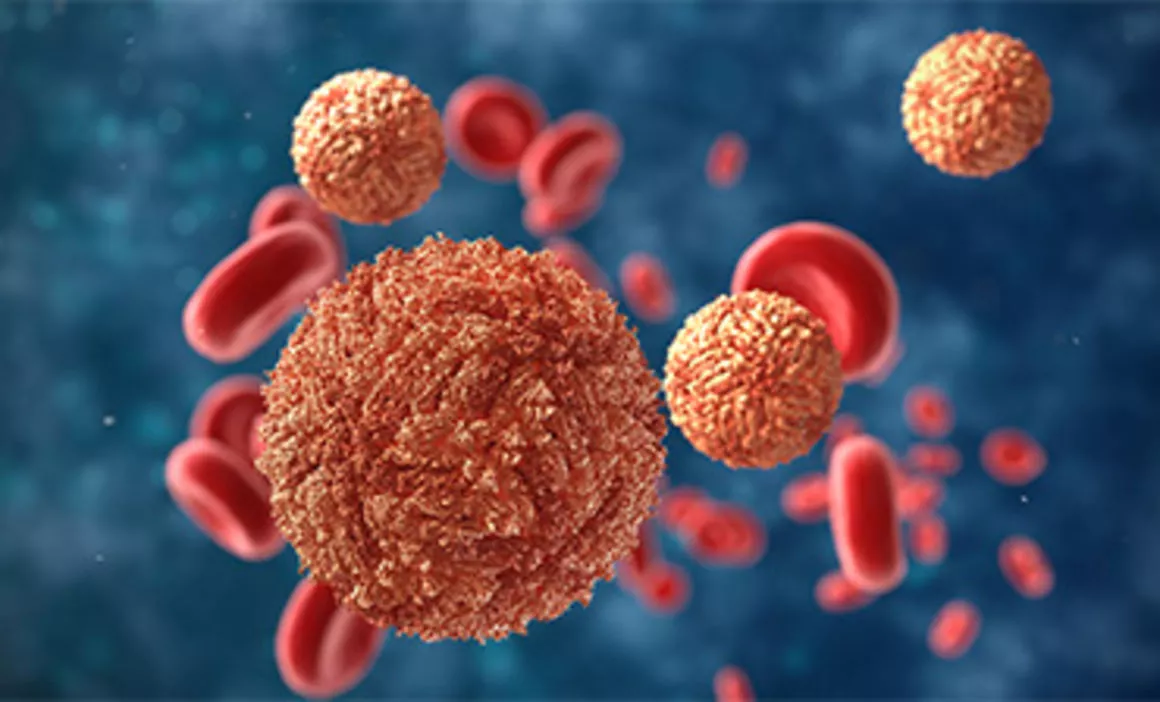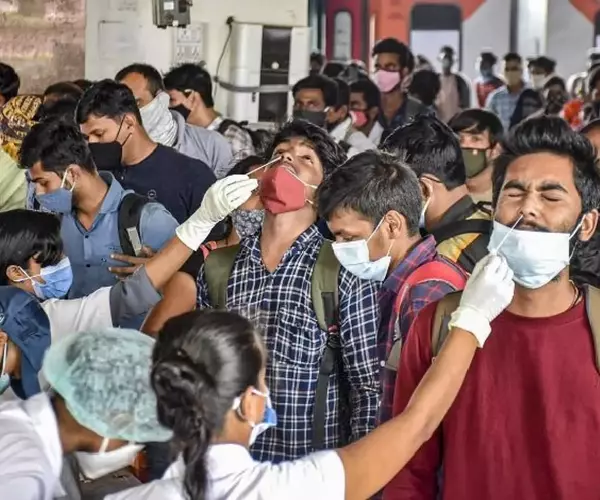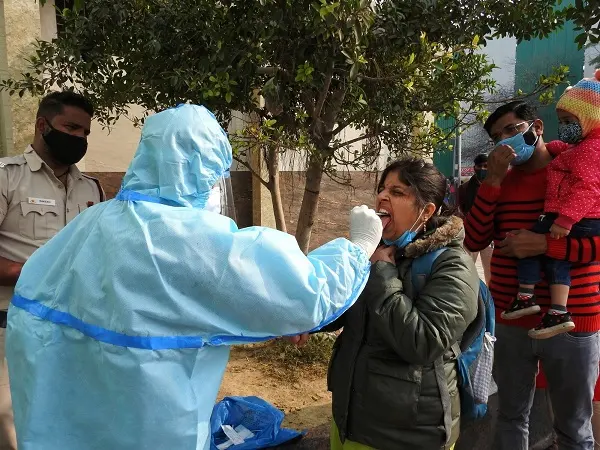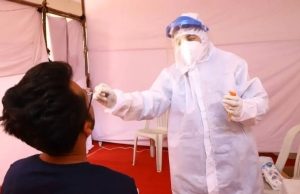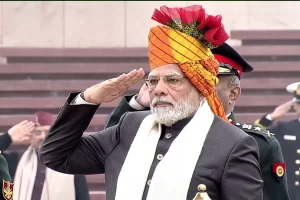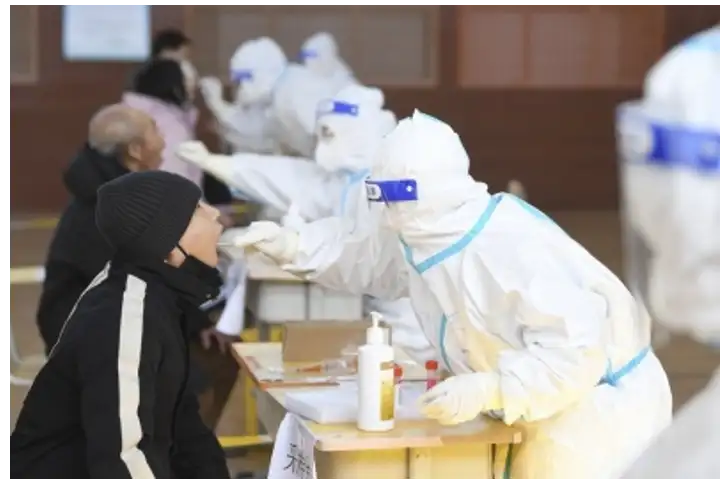Union Minister for Science & Technology, Dr Jitendra Singh said that India will make significant investments in research and development to create a roadmap for vaccine development keeping in mind occurrence of future pandemics.
He said this in a message addressed to the two-day international meet, ‘Preparedness for Future Epidemics: Is India ready to meet the CEPI 100 days vaccine challenge?’ The international conference was organised by the Translational Health Science and Technology Institute (THSTI) – an autonomous institute of the Department of Biotechnology (DBT) in Faridabad.
Singh said, while efforts are still on to uncover findings about the COVID-19 and the epidemiological models, India is ready to invest in future challenges. He added that DBT was at the center of pandemic response and took unprecedented steps to curb the COVID-19 threat. Singh said that DBT was supported by 14 autonomous institutes with the lead taken by THSTI which quickly set up patient cohorts, bioassay systems, immune and cellular response assays, animal studies required for vaccine development, and supported the vaccine industry in developing India’s first DNA and protein subunit vaccine Corbevax.
The two-day international meet brought together leaders and experts from academia, industry and regulators to discuss important aspects of vaccine development for emerging infectious diseases.
India plans to take lead in providing a policy framework for pandemic preparedness especially for global south, aligning respective national regulatory processes with international processes, and enhancing and pooling manufacturing capacity for large scale production quickly. This will also help the country to garner the strength of our biotech industry to improve human health and also contribute to our economy beyond its current share of $80 billion.
Dr. Soumya Swaminathan, Chief Scientist, WHO emphasised on the need for India to develop roadmaps and target product profile for diseases important for India. She said that WHO had set up a committee to prioritize viral families and pick prototypes from these families for vaccine development. For a better and more equitable approach to vaccine development and access, it was important to be collaborative, have globally aligned regulatory processes and an ethical public health policy in place.
Dr. Rajesh Gokhale, Secretary, DBT, reiterated the government’s commitment to foster innovation with emphasis on enhancing manufacturing and bio-manufacturing. He added that DBT would facilitate a synchronized system such that India can combat disease dengue, Chikungunya, TB and other viral/bacterial infection, bringing more proactive solutions in means of vaccine, diagnostics and curative therapeutics quickly.
Prof. K. Vijay Raghavan, former Principal Scientific Advisor to the Government of India spoke about the challenges posed by the CEPI’s 100 Day challenge and the role of public health information and data flow systems, vaccine platforms, preclinical facilities, animal experiments, regulatory system, implementation system and funds in pointing out the processes for meeting these challenges that are critical.
Executive Director, THSTI, Prof. Pramod Garg spoke about the clinical cohorts, vaccine effectiveness studies, pan-hospital network studies, diagnostic modalities and in-house vaccine development research on infectious diseases such as SARS-CoV-2, TB, Dengue and others. He also emphasised upon building synergy between academia and industry, adding that THSTI got a $12 million funding from CEPI for a collaborative work on developing pan beta corona vaccine in collaboration with industry.
Also Read: India has the capacity to develop vaccines against future pandemics






